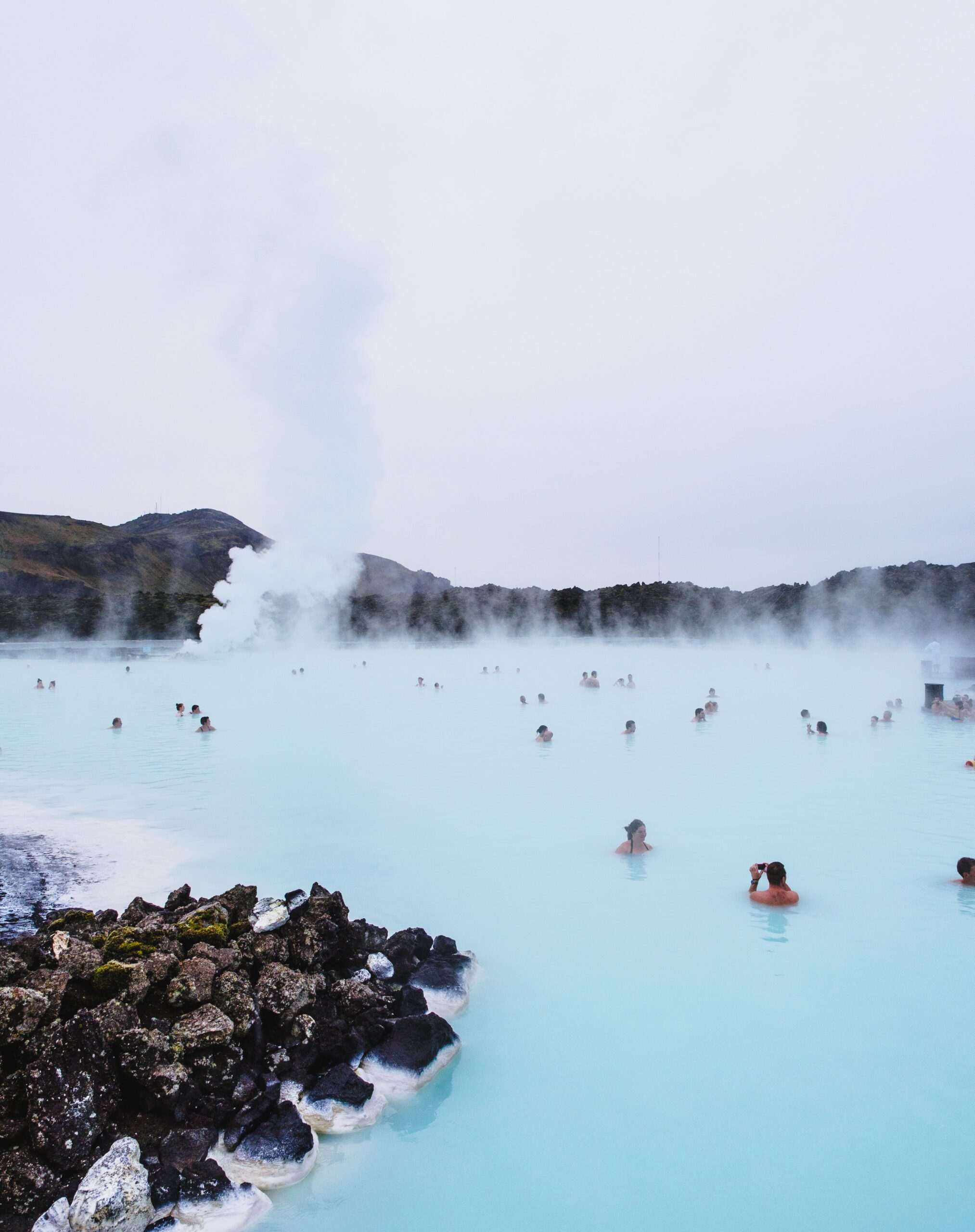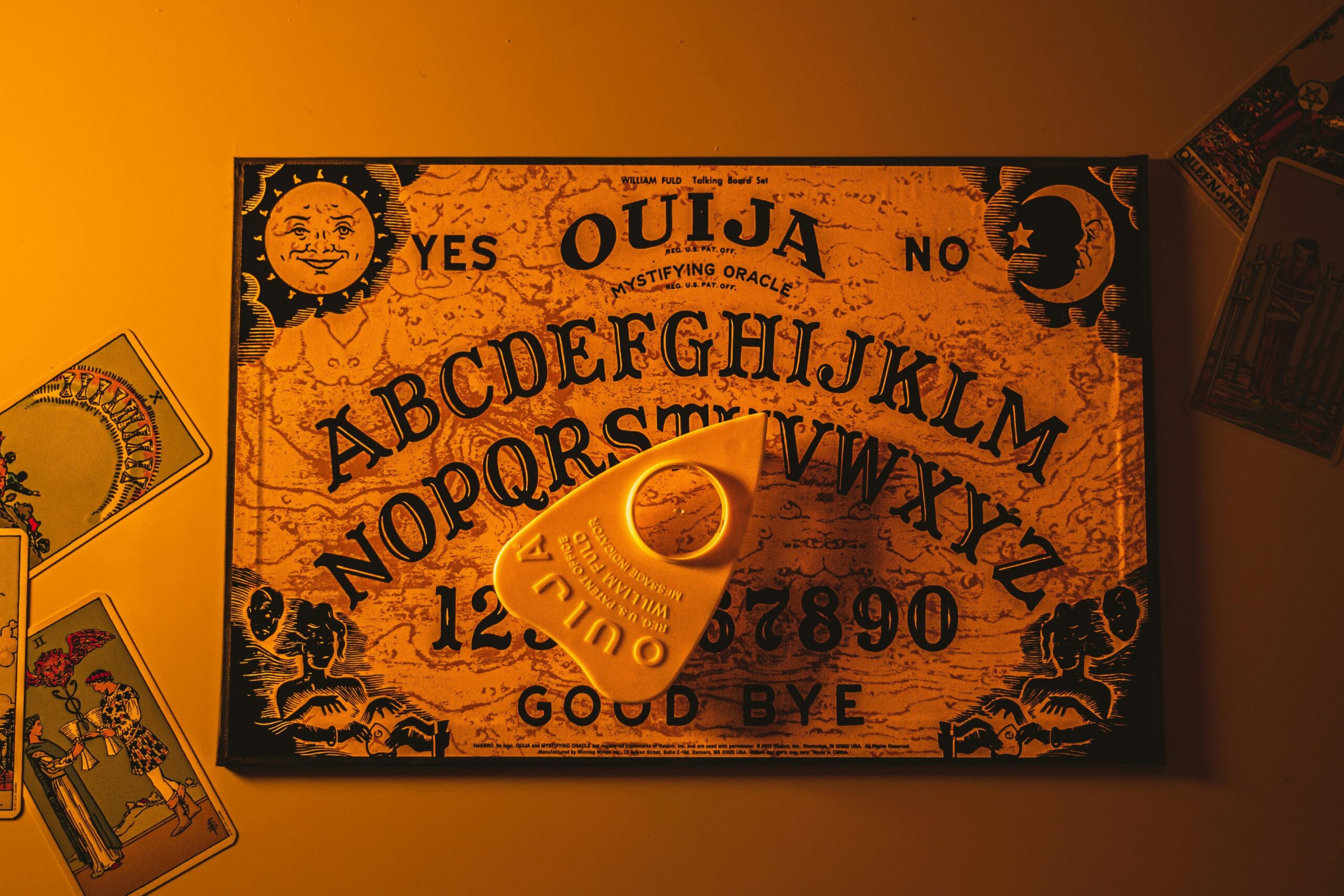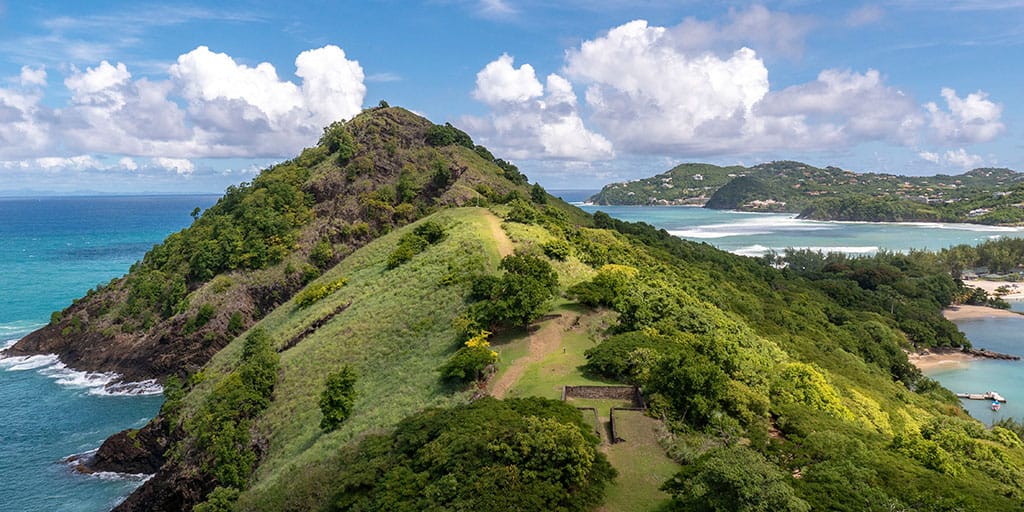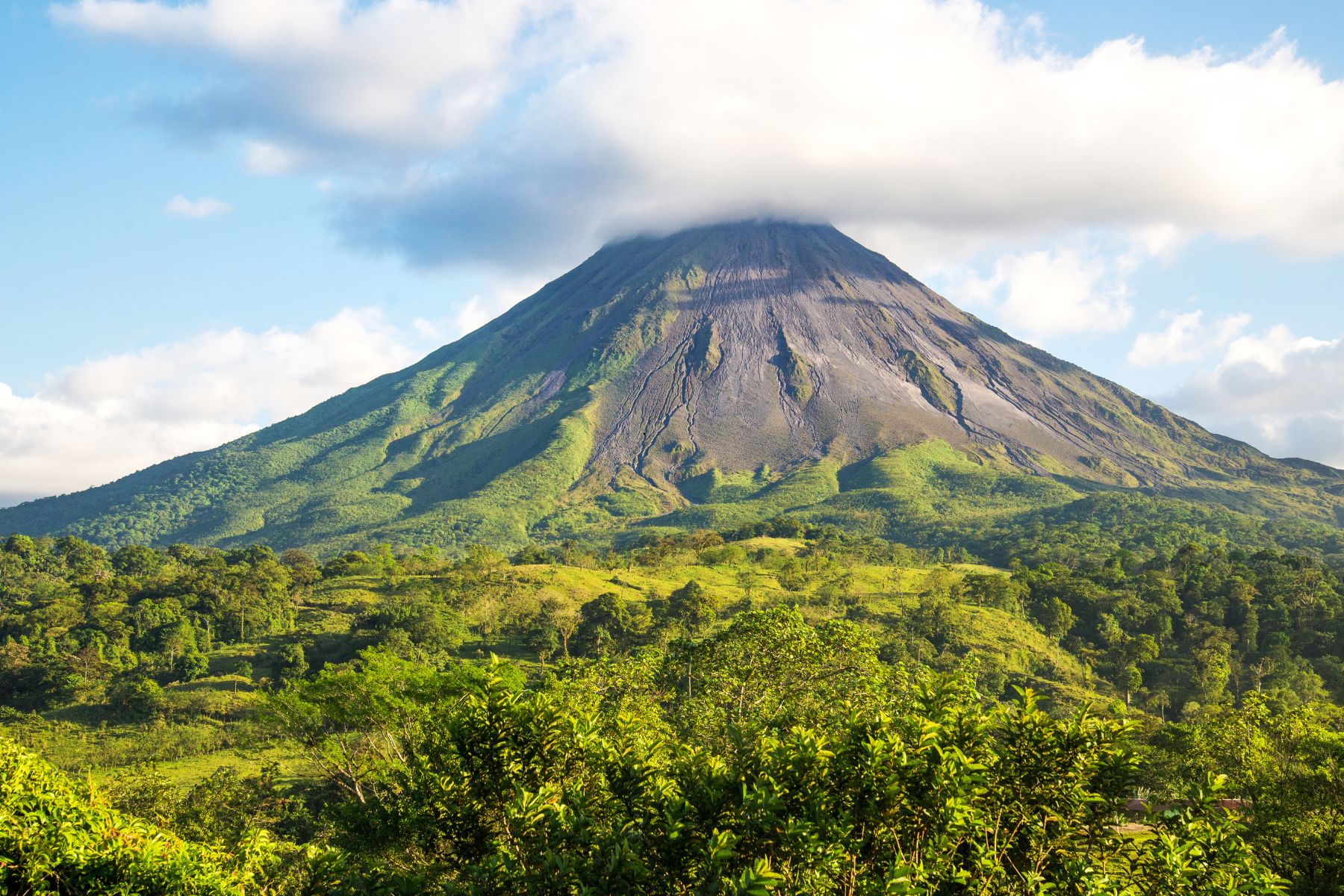The Science Behind Why You Think Better After a Getaway
July 23, 2025
You know that moment…
When your thoughts feel tangled, your screen is staring back at you, and the thing you’ve been trying to get done just won’t click.
You’re not unmotivated. You’re not broken.
Your mind is just tired. Full. Overextended.
And the fix isn’t more hustle. It’s not another planner, productivity podcast, or a stronger cup of coffee.
It’s space.
Not just to rest—but to reboot.
Curiosity struck me recently and I wondered whether there is any research to support travel (change of scenery, rest, distraction from work, etc) as beneficial to your health and was delighted to find quite a bit of information. This post is all about why you think better after a vacation—and how stepping away (even briefly) can unlock the clarity, focus, and creativity you’ve been missing.
*Note to reader: I’m not an expert in brains (clearly!) – this post contains my summarization of findings through my own reading and notes from various articles and sources.
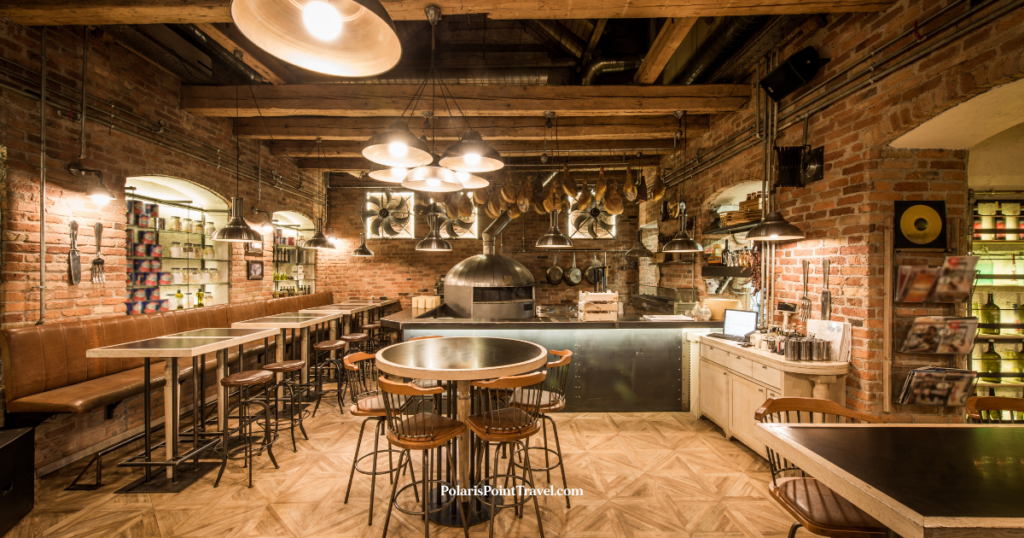
🌿 1. Travel Rewires the Brain—Literally
When you travel, especially somewhere new, your brain perks up.
Suddenly you’re paying attention again.
To colors. To accents. To textures and tastes you don’t encounter at home.
That stimulation engages neuroplasticity (how’s that for your “big” word of the day!?!)—your brain’s way of building new connections and adapting in real time.
In fact, studies show that short-term cultural immersion can actually boost creativity and cognitive flexibility.
💬 What this means for you:
If your ideas are starting to feel recycled… if everything you do feels a little flat… you might just be missing variety or something new.
You don’t need to fly to Bali for two weeks to reset your brain. (But wouldn’t that be a fabulous Rx!)
Even a long weekend somewhere new—a quiet mountain town, a coastal village, a city you’ve never explored—can jolt your creativity back to life.
Think of it like shaking the snow globe.
Suddenly, things that felt stuck start moving again.
Ideas surface. Energy returns.
And you remember what it’s like to feel inspired, not just efficient.
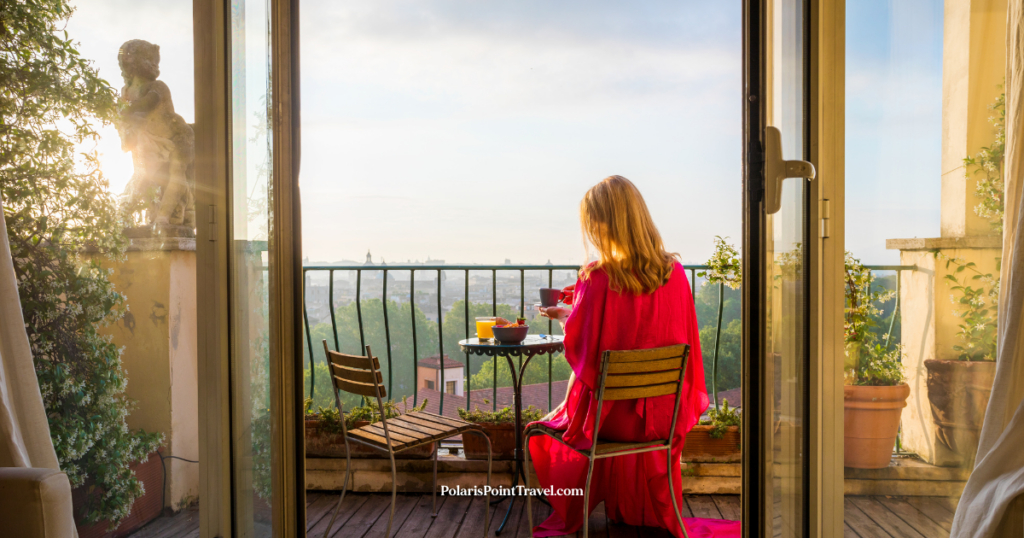
💡 2. Clarity Happens in the Quiet
Have you ever noticed how the best ideas don’t come when you try to force them?
They show up in the in-between moments:
A walk through a quiet neighborhood.
A lazy coffee on a sunny patio.
A long car ride with nothing to do but look out the window. (This, of course, assumes you aren’t driving!)
That’s your brain shifting gears—into what neuroscientists call the default mode network. It’s where reflection and insight happen. One study found that people who let their minds wander during breaks saw a 41% improvement in creative problem-solving.
💬 What this means for you:
If you’re the one who always has to be “on”—for your team, your family, your business—it’s no wonder you feel mentally cluttered.
You’re never off-duty long enough to let the deeper thoughts surface.
But when you step away from the noise and the constant decision-making, your brain starts to “breathe”.
And that’s often when the clarity shows up.
Not because you hunted it down…
But because you finally made room for it.
That moment you’re sipping wine on a quiet balcony and suddenly realize the answer to that problem you’ve been circling for weeks?
That’s not random. That’s science and stillness working together.
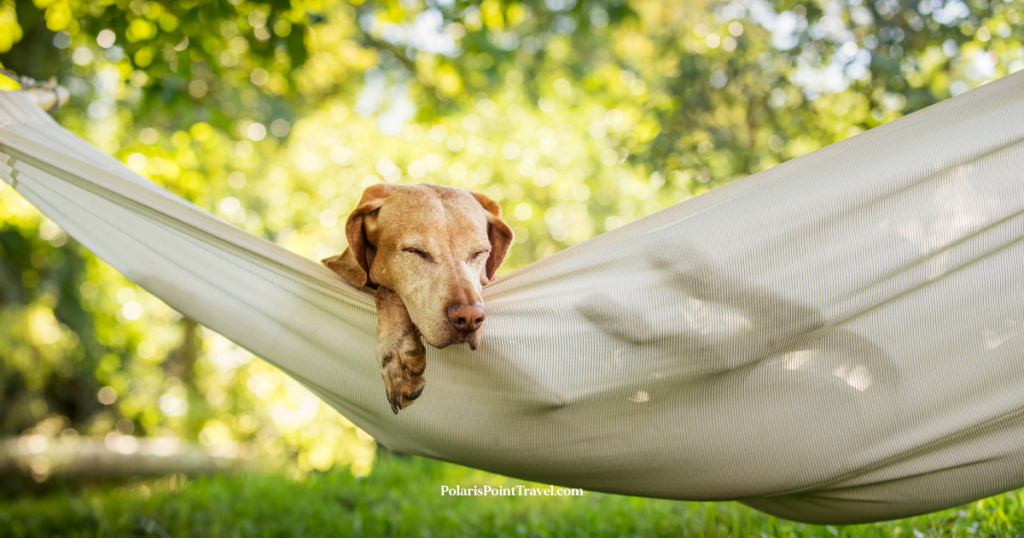
🌬 3. Rest Isn’t a Reward—It’s a Reset
Here’s something we don’t talk about enough:
Mental fatigue isn’t always loud.
Sometimes it shows up as the fog you can’t shake.
The short temper that surprises you.
The quiet dread of opening your inbox again.
And while we normalize pushing through it, the truth is—your brain isn’t built to run at full speed forever.
Chronic stress messes with your focus, memory, and even emotional regulation.
But studies show that even short getaways can restore energy, improve sleep, and increase productivity once you’re back.
💬 What this means for you:
You might not realize how much you’re carrying until you put it down.
And a vacation—especially one that’s been thoughtfully planned to meet your actual needs—helps you do just that.
That moment in the hammock when you finally exhale and think,
“Oh… this is what calm feels like”?
That’s not indulgent. That’s your nervous system rebooting.
You don’t come back behind.
You come back better—with more focus, more presence, and a whole lot more capacity to lead, connect, and make decisions that actually stick.
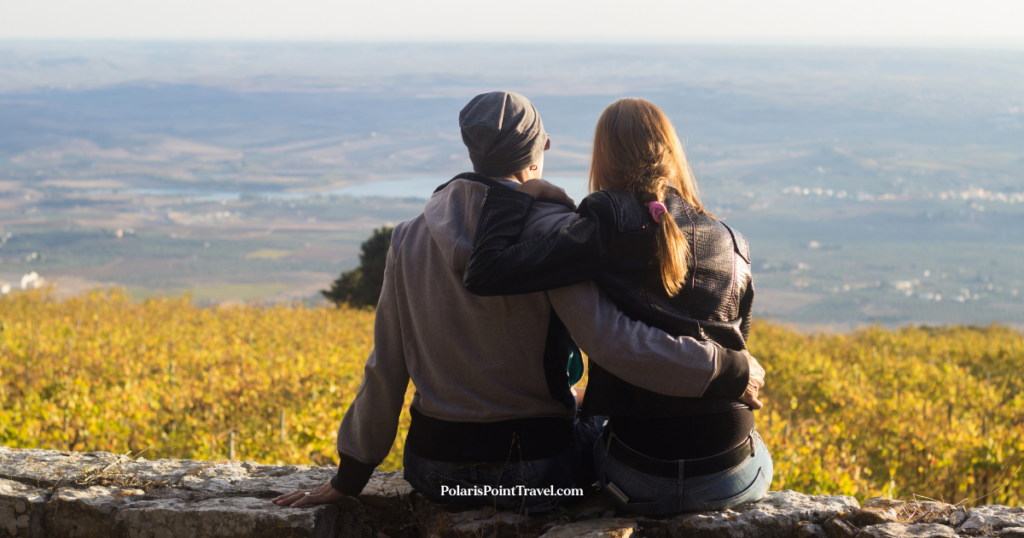
🌍 4. Distance Brings Perspective
It’s hard to see your life clearly when you’re deep in the weeds of it.
But take a few steps back—physically—and suddenly things shift.
There’s something about leaving your usual environment that allows you to zoom out. Researchers call it “psychological distance,” and it helps you reflect, reassess, and think more strategically.
💬 What this means for you:
If you’re wrestling with a big decision—about your work, your next chapter, or what you’re willing to keep saying “yes” to—travel can be the lens that helps everything come into focus.
Because when you’re watching the sky change color over the ocean… or hiking a trail with no one needing anything from you…
You remember what matters.
What you miss.
What you’re craving.
That’s when new questions start to emerge—braver ones.
Like: What if I actually made space for me?
What if I didn’t wait until everything was “done” to take a break? (We all know there is always more to be done… there is no “done”.)
Perspective doesn’t come from crossing more off the list.
It comes from stepping outside the list altogether.
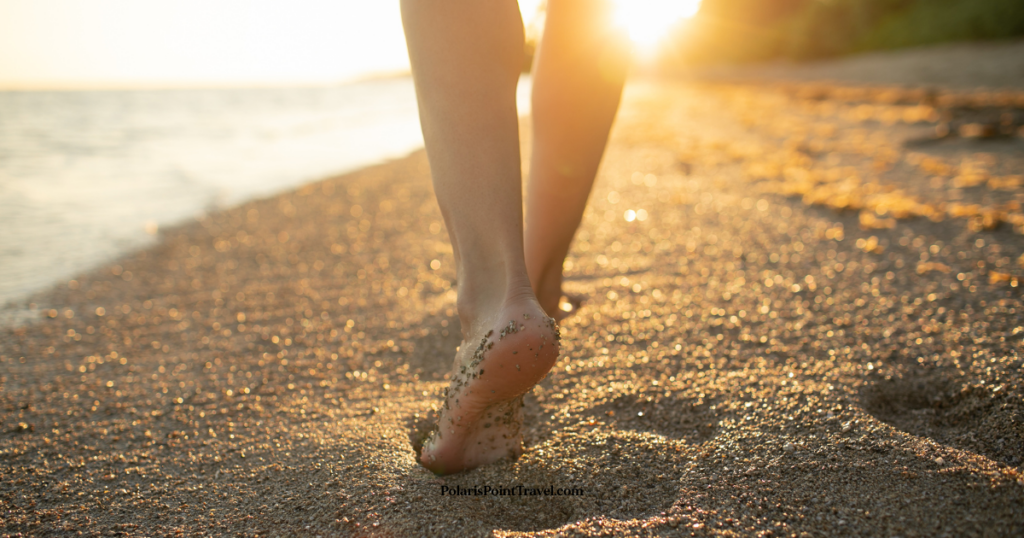
✨ Final Thought: You Don’t Need to Try Harder—You Need to Step Away Smarter
If your creativity feels tapped out…
If your mind feels loud, even in the quiet moments…
If you’re starting to feel distant from yourself, even while doing all the “right” things…
It’s not about fixing your schedule.
It’s about changing your environment.
The science is clear: the mental benefits of travel are real.
But more importantly? You’ve probably felt them yourself.
That trip you still think about years later.
The one where you came home clearer, lighter, more like you again?
That wasn’t just coincidence.
That was your brain—and your heart—responding to space, stimulation, and a little bit of freedom.
🧭 Need help planning a getaway that’s more than just a break?
Download the Travel Planning Kickstart Workbook. It’s a free, thoughtful guide that helps you get clear before you go—so your next trip actually helps you reset, reconnect, and return ready for what’s next.
Because there’s a better way to plan your next getaway… and it starts right here.
ready for your next getaway?
Let’S start planning together!
Ready to start making that trip you are dreaming of a reality?
Schedule your complimentary consultation and let's get started!
